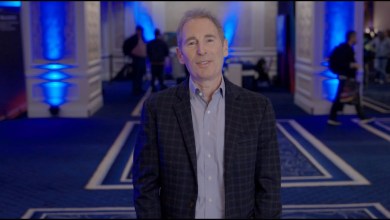Understanding Worker Misclassification in Temporary Healthcare Staffing: A Panel Discussion
The comprehensive panel discussion, expertly moderated by Jim Brooklyn of Mc Knight’s Long Term Care News, delved into the intricate and pressing issue of worker misclassification in the temporary healthcare staffing industry. The panel comprised seasoned professionals including Steven Dwyer, Christa Raffini, Dane Stefan, and Sady Avis, complemented by insights from Senator Tom Darshall and Congresswoman Alma Adam.
The Growing Trend of Temporary Healthcare Staffing:
The discussion opened with an overview of the increasing dependency on temporary healthcare workers, especially in the long-term care sector, which has not yet regained its pre-pandemic workforce levels. The panel underscored the crucial role of these workers in today’s healthcare landscape, particularly in nursing homes and similar facilities.
Navigating the Complexities of Worker Classification:
A significant portion of the discussion centered on the legal complexities surrounding the classification of healthcare workers as either W2 employees or 1099 independent contractors. The panel examined various legal standards and tests used to determine worker classification, noting the multifaceted and often murky nature of these determinations.
Risks and Implications for Healthcare Providers:
The conversation shifted to the risks associated with worker misclassification for healthcare providers. The panelists highlighted potential liabilities, including obligations related to overtime, health benefits, workers’ compensation, paid leave, unemployment benefits, and payroll taxes. They stressed the importance for healthcare facilities to understand and mitigate these risks.
A Worker’s Perspective on Classification:
Providing a personal viewpoint, Sady Avis shared her experiences working as both a W2 employee and a 1099 contractor in healthcare settings. She illuminated the challenges and complexities faced by workers under each classification, including issues related to taxation, workers’ compensation, and overall job stability.
Policy and Regulation in Worker Classification:
Experts Christa Raffini and Dane Stefan delved into policy and regulatory aspects of worker classification. They discussed the role of federal and state regulations in addressing misclassification issues and the need for harmonization across various jurisdictions. The panel also touched on the impacts of misclassification on IRS withholding and compliance with labor laws.
The Broader Impact on Patient Care and Labor Market:
The discussion acknowledged that worker misclassification extends beyond legal and financial implications for workers and employers. It also has a profound impact on patient care and the broader labor market in healthcare. Studies indicating a correlation between the use of independent contractors and worse patient outcomes were cited, along with concerns about increased infection rates during the COVID-19 pandemic.
Looking Ahead: Future Challenges and Opportunities:
The session concluded with forward-looking insights on the evolving landscape of temporary staffing in healthcare. The panel underscored the need for vigilance and adherence to classification rules to safeguard worker rights and maintain the quality of healthcare delivery.
This Mc Knight’s panel discussion offered a thorough exploration of worker misclassification in the healthcare sector, emphasizing the importance of clear guidelines and robust enforcement to ensure equitable treatment of healthcare workers and the sustained excellence of patient care services.
[ad_2]
source



